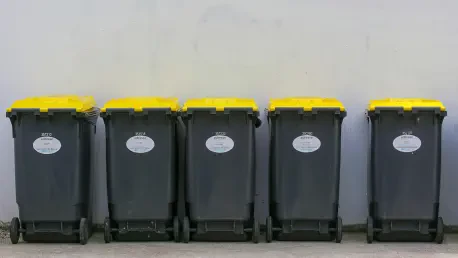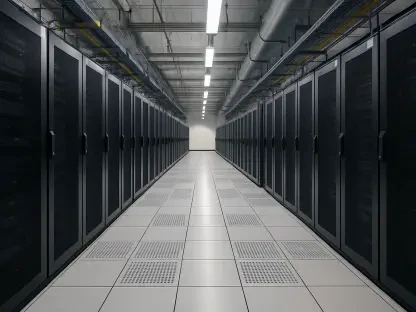A growing concern worldwide is being amplified right in Barrie’s backyard: burgeoning waste production. The seemingly innocuous household garbage bin has transformed into a battlefield of sustainability, raising questions about waste management practices that could redefine Barrie’s environmental future.
Escalating Challenges and Global Links
Waste management isn’t just a local problem; it’s a grand-scale environmental puzzle. Ineffective waste practices contribute significantly to landfill shortages and environmental degradation, echoing Barrie’s problems in provinces and even worldwide. Landfills, quickly running out of space—predicted within the next nine years if the current waste levels persist—are a glaring testament to unsustainable habits. This widespread issue calls for critical introspection and a proactive approach.
Waste Management Practices: Learning From Others
Current practices in Barrie predominantly hinge on landfills and inefficient organic waste recycling, areas where change is paramount. Comparatively, select cities have turned the tide using intelligent waste strategies, integrating technology with waste sorting, and reducing dependency on landfills. These cities exemplify how strategic reforms in waste bin systems and incentives can drastically cut back on waste generation and bolster recycling efforts.
Insights and Experiences: Local Voices Rising
Peter Bursztyn, an environmental advocate with fervor for sustainability, alongside local officials, showcases hope in smart bin initiatives. They’re joined by anecdotes from residents who have seen waste management initiatives thrive. These accounts paint a comprehensive picture of possibility driven by community engagement and policy shifts, urging Barrie toward informed, greener choices in waste handling.
A Blueprint for Smart Solutions
By rethinking the conventional “reduce, reuse, recycle” approach, Barrie can adopt a fresh framework encouraging smaller bins and recycling incentives. Practical steps like switching to these smaller bins and fostering a culture of recycling could send strong signals about conservation efforts. The potential shift toward bin-conscious behaviors can incite not just policy evolution but a broader societal change.
As Barrie moves forward, the path to resolving its waste issues could lie in strategic shifts in bin usage. The integration of practical, technology-driven solutions, alongside a robust community-driven strategy and innovative policies, could offer a sustainable future for Barrie’s residents. The focus now shifts to concrete action, with Barrie poised to potentially transform into a model of effective waste management.









